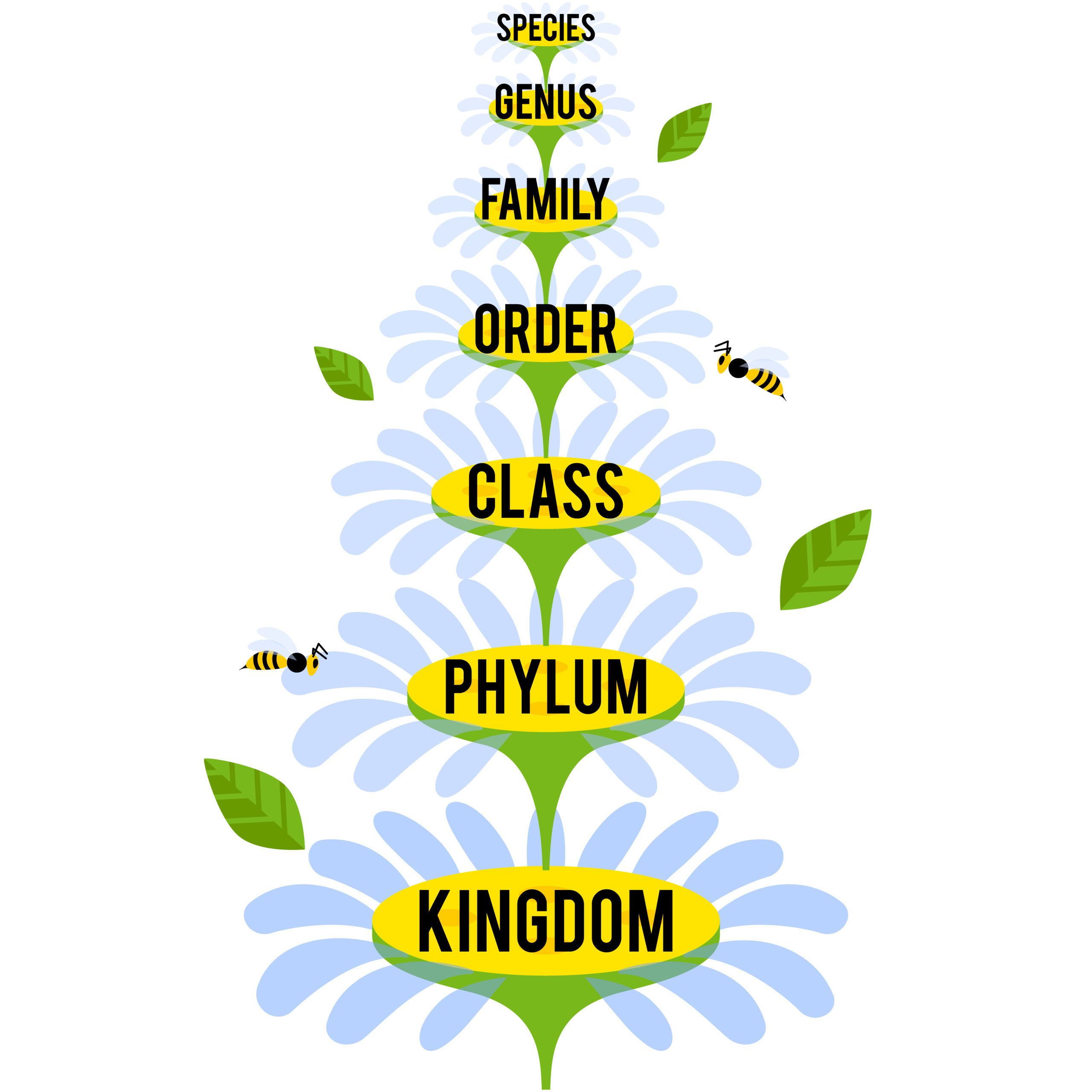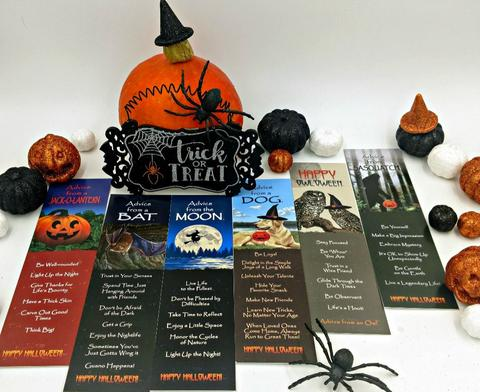
STEM: Picture This!
Why do some organisms live in many environments while others are only found in very unique places? These STEM activities teach students about species diversity.

Why do some organisms live in many environments while others are only found in very unique places? These STEM activities teach students about species diversity.

These fun planter/pot activities for kids encourage artistic creativity, and many use recycled materials from around the home.

Small Wonders: Jean-Henri Fabre & His World of Insects Grades 3-5 Written by: Matthew Clark Smith Illustrated by: Giuliano Ferri Published by Two Lions, 2015 ISBN-13: 978-1477826324 Recommended Reading Learn about a quiet village in the French countryside. Learn about a famous naturalist. Learn about the significance of observing species in their natural habitats.… Read more »

Get inspiration from nature this Halloween with themed bookmarks, campfire advice, and lesson ideas around science, technology, engineering, art, and math. Explore Your True Nature’s Halloween collection of fun and inspirational poetry: Advice from a Spider, a Bat, an Owl, a Pumpkin, and more!

Take your students on an upcoming Virtual Field Trip. Hosted by Discover Education, virtual field trips allow your students to immerse themselves in unique learning experiences. Explore the National Archives, NASA’s Goddard Space Flight Center, or learn more about conservation with a “Futureland” demonstration.

These three 2-minute videos highlight elements of an urban forest, how they’re managed, and the community benefits. More than 80% of all Americans live in urban areas and urban forests bring important benefits to those communities. Developed by forestinfo.org and the North Carolina Forest Service, these Forest Fact Breaks are a great way to help learn more… Read more »

Read Tree Dreams, an eco-literacy coming of age novel for grades 8-12, written by award-winning Kristen Kaye. The story emerged from a campaign to bring tree tagging to life. Kaye’s vision was to tag trees with dreams about the way we connect to nature, to each other, and to our future. She explains that “like trees… Read more »

Did you know that nature works to power the things you depend on every day such as your smartphone, refrigerator, and more! Thanks to energy from the earth we can power all these things. This 5-minute video from PBS Learning Media, Nature Works – To Make Clean Energy discusses sustainable energy sources. It also explains how… Read more »

The Encyclopedia of Life is a biodiversity resource that collects and shares information about living things on earth from microorganisms, invertebrates, and trees. When you share observations on the iNaturalist app, scientists come together to properly identify the species. This live data becomes a part of the Encyclopedia of Life and is made into an EOL Biodiversity Card. You can… Read more »

Success Stories is an interactive map of the United States that documents the 40-year impact the Endangered Species Act (ESA) has had on preventing species extinction. Students in grade levels 6-12 can use this interactive map to learn more about endangered species. Developed by the U.S. Fish and Wildlife Service, the success stories map celebrates the… Read more »